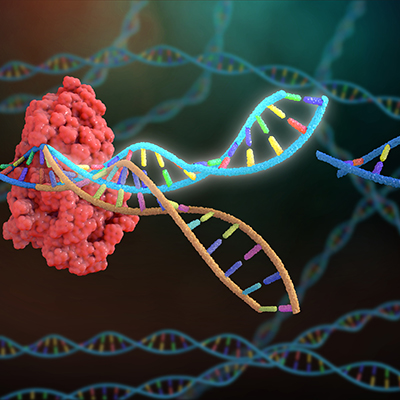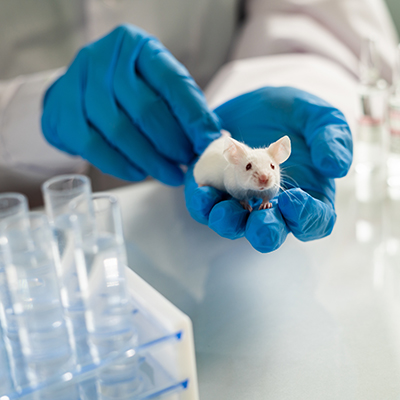December 6, 2022 -- Researchers from Rice University have been awarded a $3 million grant from the Bill & Melinda Gates Foundation to develop a once-a-year treatment for HIV and other infectious diseases.
For the project, a team from the lab of Omid Veiseh, PhD, assistant professor of bioengineering at Rice, will build on Veiseh's previous research on other implantable therapies that aim to treat cancer, type 1 diabetes, and injuries caused by heart attacks through encapsulated "drug factory" implants.
These use cells engineered to make therapeutic substances -- in this case, monoclonal anti-HIV antibodies -- to be delivered to patients through protective biopolymer shells. These cell-protecting capsules could be adapted to deliver combination therapies for multiple infectious diseases, according to Veiseh.
Although biologics are made from cells, they are manufactured by giant bioreactors, which makes purifying the biologic costly and difficult.
"Our vision is to improve the logistics and bring that manufacturing right into the patient," Veiseh said. "That translates to substantial cost-cutting, better patient compliance, and overall benefits to the patients. You just do it once, and it's good for the rest of the year."
Michael Diehl, PhD, an associate professor of bioengineering and chemistry at Rice, is co-investigator on the grant.
Earlier this year, Rice bioengineers -- along with collaborators from the University of Texas MD Anderson Cancer Center, University of Virginia, and others -- published a study in the journal Science Advances showing they eradicated advanced-stage ovarian and colorectal cancer in mice in as little as six days using implantable "drug factories" the size of a pinhead to deliver continuous, high doses of the cytokine interleukin-2.
Avenge Bio, a Massachusetts-based startup co-founded by Veiseh, has licensed the cytokine-factory technology from Rice. In August, the company announced that it plans to begin a human clinical trial for ovarian cancer later this year but provided no details about the location or start date of the trial, which would be the first test of the drug factory technology in people.
Copyright © 2022 scienceboard.net










